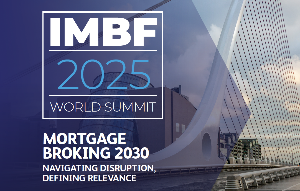
Adrian Orr told an international audience that central banks cannot fight inflation on their own but need help from elsewhere.
This includes the requirement that Governments carefully monitor how much money they spend.
Orr was being interviewed on-line by a senior manager of the International Monetary Fund (IMF).
Anne-Marie Gulde-Wolfe is acting director of the Asia Pacific Department of the IMF and has carried out a series of interviews with heads of central banks in many countries.
Orr told Gulde-Wolfe that the Reserve Bank was dealing with an unprecedented combination of high inflation, a global health challenge, war and the dangers of climate change.
“Central banks are not going to achieve their mandates on their own,” he said.
“Those are low inflation and maximum stable employment.
“We are going to need support. Central banks are going to have to communicate very clearly about their purpose,” Orr said.
“We are going to have to be very clear with our fiscal authorities about what we are doing and how they could assist with more targeted effective fiscal policies.”
These comments are a mild version of earlier criticism that growing Government spending was boosting demand for goods and services and was inhibiting the fight against inflation. The Government has repeatedly denied this causal link.
Orr returned to this theme later.
“We have to work very closely with fiscal authorities to understand what they can do and can't do and so learn what we need to do in addition.”
He said the main part of that was to remove what is left of the monetary stimulus which was begun at the start of the Covid crisis. He also had to retain an anti-inflationary bias in what his bank did. That involved pressing on with inflation fighting goals, by stopping Quantitative Easing and raising base interest rates.
He repeated his view that this could risk an economic slowdown but not doing so would run the danger of inflation getting away.
In his interview, Orr re-asserted the long standing position that house prices per se are not part of the RBNZ remit. This was in response to concerns that monetary stimulation had helped push house prices to levels that were unaffordable for many people.
But he said the bank's recent monetary actions had helped push house prices from an unsustainable level back in the direction of a sustainable level.
Elsewhere, Orr called for more long term investment globally in the sort of infrastructure that would provide an environmentally sustainable future. He said this should not be trumped by short term economic needs.



